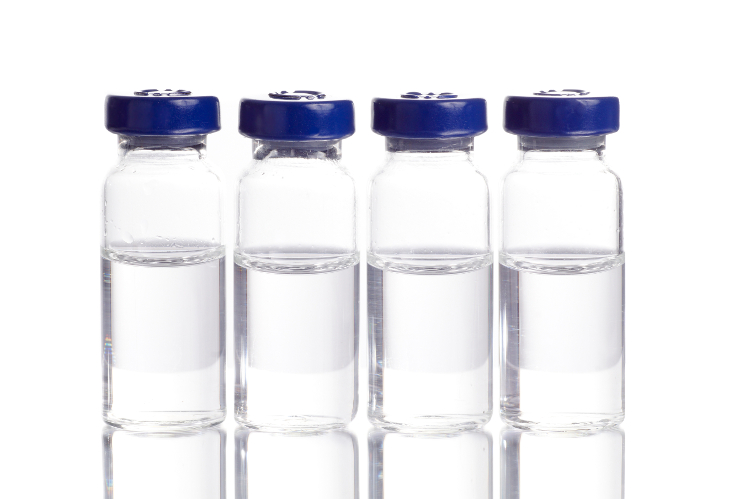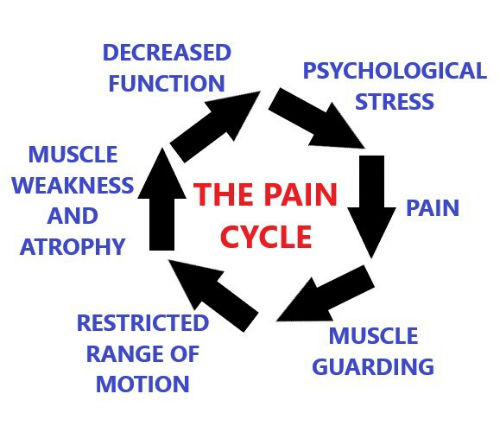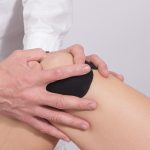Prolotherapy & Regenerative injections
Pain Treatment for Joint & Muscles
🌿 Regenerative Joint Injections with Dr. Marnie Wachtler, ND
Restore Function • Reduce Pain • Rebuild Naturally
What Are Regenerative Injections?
Regenerative injections are a natural, effective therapy that stimulates the body’s own healing processes to repair joint tissues, reduce inflammation, and relieve chronic pain. Using techniques like Prolotherapy and Neural Injections, these treatments help restore stability and strength to injured or aging joints—without surgery or long recovery times.
Conditions Treated
Dr. Marnie uses regenerative therapies to treat a wide range of joint issues:
✅ Knee osteoarthritis
✅ Shoulder pain & rotator cuff injuries
✅ Hip degeneration
✅ Tennis/golfer’s elbow
✅ Ankle instability
✅ Back pain & sacroiliac dysfunction
✅ Chronic ligament or tendon weakness
What is Prolotherapy?
Prolotherapy is an injection of any substance that promotes growth of normal cells, and tissues in the body.
“Growth factor stimulation prolotherapy”: Injection of something that causes the body to produce growth factors. Non inflammatory (10% or less) dextrose is an example of this.
Humans cells exposed to as little as 0.3% dextrose produce growth factors such as platelet-derived growth factor (PDGF).
Neural Prolotherapy
 Similar to the prolotherapy, neural prolotherapy is a dextrose-water injection just under the skin to reduce inflammation and stimulate healing in damaged nerves that serve the surrounding skin, muscles and in some cases, joint. Neural prolotherapy differs from prolotherapy in that a different concentration of dextrose is used in the injection, though both therapies are meant to alleviate pain and restore function to specific areas of the body.
Similar to the prolotherapy, neural prolotherapy is a dextrose-water injection just under the skin to reduce inflammation and stimulate healing in damaged nerves that serve the surrounding skin, muscles and in some cases, joint. Neural prolotherapy differs from prolotherapy in that a different concentration of dextrose is used in the injection, though both therapies are meant to alleviate pain and restore function to specific areas of the body.
If you are suffering from pain or limited mobility, have undergone surgery or had an injury, please click here to make an appointment and learn more about how neural prolotherapy, prolotherapy
You may also be interested to read more about trigger point injections, active release techniques, and how to improve your strength and flexibility.
Neural Therapy
During the repair of an injury collagen can be less elastic and more adhesive to the normal body function and limit Range of Motion. Injections in this area can stop the pain cycle, break up scar tissue and allow blood flow to the area for optimal healing.
Procaine reestablishes ion transfer across the membrane of cells in the area, allowing them to clear toxins and debris and begin healing. As nerve cells heal, chronic pain all over the body is alleviated. Through the autonomic nervous system, nerves all over the body are connected, meaning that a healed nerve in one area can cure pain or improve functioning in another.
This can especially work well when nerves are damaged during an injury or surgery, scar tissue forms which can cause constant pain signals to fire from the damaged neuron when the scar is irritated.
 The numbing effects last 4-6 hours to reset the neurological stimulation. After that the body’s healing mechanism will kick in and stop the increased pain signally from muscle guarding.
The numbing effects last 4-6 hours to reset the neurological stimulation. After that the body’s healing mechanism will kick in and stop the increased pain signally from muscle guarding.
As shown to the right the pain triggering the muscle guarding can be further causing restricted range of motion. Our greatest success is decreasing the pain signalling and creating a normal healthy recovery.
Book an appointment to find out more.
REFERENCES:
1. Reeves, K.D., and K. Hassanein. Randomized prospective double-blind placebo-controlled study of dextrose prolotherapy for knee osteoarthritis with or without ACL laxity. Alt Ther Hlth Med, 2000; 6(2): 37- 46
2. Reeves, K.D. and K. Hassanein. Randomized prospective placebo controlled double blind study of dextrose prolotherapy for osteoarthritic thumbs and finger (DIP, PIP and Trapeziometacarpal) joints: Evidence of clinical efficacy. Jnl Alt Compl Med, 2000; 6(4): 311-320
3. Ongley, M.J., et al. A new approach to the treatment of chronic low back pain. Lancet, 1987; 2: 143 – 146.
4. Klein, R.G., et al. A randomized, double blind trial of dextrose-glycerine-phenol injections for chronic low back pain. Journal of Spinal Disorders, 1993; 6: 23- 33.
5. Dechow, E., et al. A randomized, double blind, placebo-controlled trial of sclerosing injections in patients with chronic low back pain. Rheumatology, 1999; 38:1255- 9.
6. Reeves, K.D., Prolotherapy: Basic science, clinical studies, and technique. In Lennard TA (Ed). Pain procedures in clinical practice (2nd Ed.). Philadelphia; Hanley and Belfus; 2000:172-190.
7. www.getprolo.com





